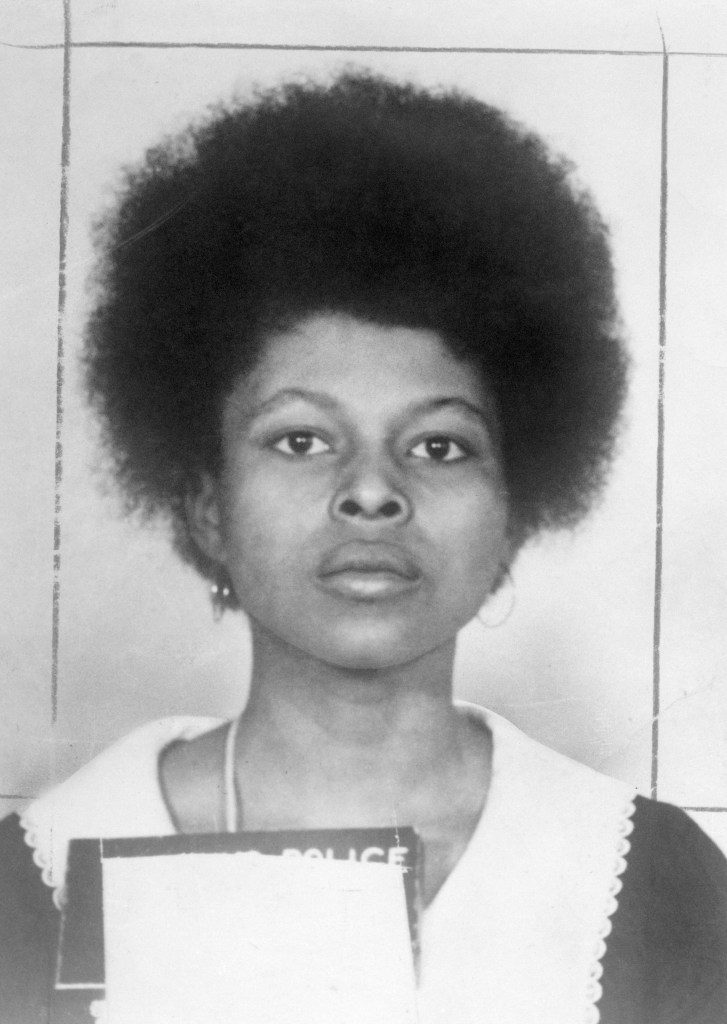Assata Shakur, Political Activist, Dead At 78

Assata Shakur has reportedly died at the age of 78.
Cuba’s Ministry of Foreign Affairs issued a brief statement on Friday morning (Sept. 26) explaining her cause of death as “health problems and advanced age.” Shakur lived in Cuba under political asylum since 1984, when she fled the United States after being convicted of murdering a New Jersey state trooper and escaping prison.
In 2013, the FBI named Shakur a most-wanted terrorist, the first woman ever to make the list. In the still-active quest, the government agency described the activist as armed and dangerous, offering a reward of up to $1,000,000.
Born JoAnne Deborah Byron, the activist changed her name in 1971, according to The Guardian. The outlet noted her activism could be traced back to her college days in the 1960s, where she became involved with the Golden Drums society.
“The name JoAnne began to irk my nerves,” she wrote in her autobiography. “I had changed a lot and moved to a different beat. I didn’t feel like no JoAnne, or no Negro, or no amerikan. I felt like an African woman. My mind, heart, and soul had gone back to Africa but my name was still stranded in Europe somewhere.”
Getty Images
In 1970, she joined the Black Panther Party; however, she left due to differences in beliefs and later became involved with the Black Liberation Army.
“The Black Liberation Army is not an organization: it goes beyond that. It is a concept, a people’s movement, an idea. The concept of the BLA arose because of the political, social, and economic oppression of black people in this country. And where there is oppression, there will be resistance. The BLA is part of that resistance movement. The Black Liberation Army stands for freedom and justice for all people,” she remarked during a trial in 1975.
[embedded content]
In Cuba, Shakur lived a mostly private life, publishing Assata: An Autobiography and sparingly writing essays and granting interviews in her remaining years.
“My name is Assata Shakur, and I am a 20th century escaped slave. Because of government persecution, I was left with no other choice than to flee from the political repression, racism, and violence that dominate the U.S. government’s policy toward people of color. I am an ex-political prisoner, and I have been living in exile in Cuba since 1984,” she wrote in an open letter in 2013, which was published by Workers World in 2014.
“I am only one woman. I own no TV stations or radio stations or newspapers. But I feel that people need to be educated as to what is going on and to understand the connection between the news media and the instruments of repression in Amerika. All I have is my voice, my spirit and the will to tell the truth. But I sincerely ask those of you in the Black media, those of you in the progressive media, those of you who believe in truth and freedom, to publish this statement and to let people know what is happening. We have no voice, so you must be the voice of the voiceless.”
[embedded content]
She closed, “Free All Political Prisoners. I Send You Love and Revolutionary Greetings from Cuba, One of the Largest, Most Resistant and Most Courageous Palenques (Maroon Camps) That Has Ever Existed on the Face of This Planet.”
Shakur is survived by her daughter, Kakuya Shakur.

“At approximately 1:15 PM on September 25th, my mother, Assata Shakur, took her last earthly breath. Words cannot describe the depth of loss that I am feeling at this time. I want to thank you for your loving prayers that continue to anchor me in the strength that I need in this moment. My spirit is overflowing in unison with all of you who are grieving with me at this time,” expressed Kakuya in a Facebook post.
“Sending much love and appreciation to you all.”
VIBE sends our condolences to the friends, family, and all people inspired by Assata Shakur.





